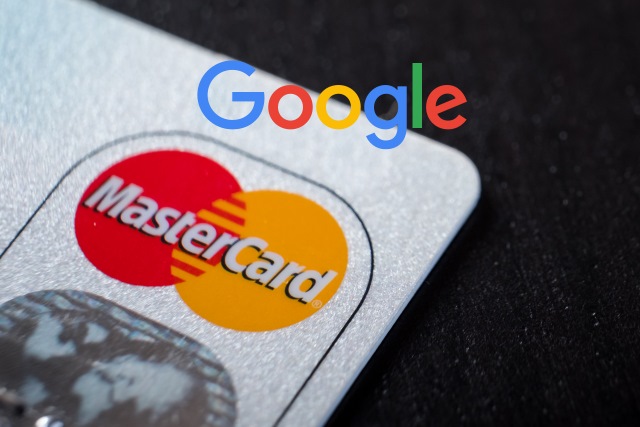
Google is able to track your offline purchases thanks to a secret deal with Mastercard
It's no secret that Google -- and other companies -- track your online purchases; it's one of the reasons you see the ads you do, for instance. But a secret deal between Google and Mastercard means that it is also possible for the internet giant to track your offline purchases.
Google offers a service called Store Sales Measurement that makes it possible for advertisers to determine whether their online ads results in offline sales. A report from Bloomberg reveals that this was all made possible because of the deal between Google and Mastercard in the US-- one that raises serious privacy questions.

YouTube alternative Facebook Watch rolls out globally
Following a successful launch in the US a year ago, Facebook is launching its Watch service globally. Competing directly with the likes of YouTube, Facebook Watch is the social network's platform for original video content, including Major League Baseball games and entertainment news.
Just 12 months after launching in the US, the service enjoys 50 million monthly viewers and Facebook will be hoping to continue this success in other parts of the world. The company is pushing the social aspect of Facebook Watch as a major draw.
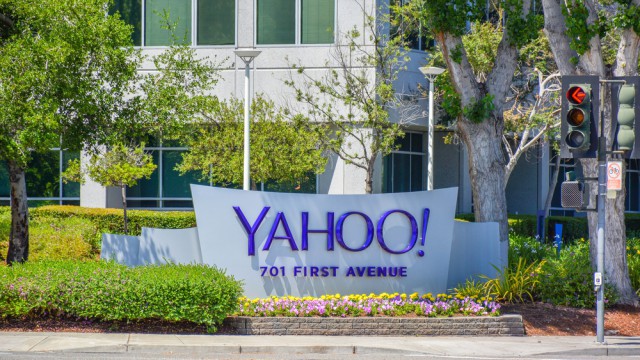
Privacy: Yahoo still scans your emails... and wants to sell data to advertisers
Oath -- the owner of Yahoo -- is in talks with advertisers, promoting a service that scans the content of emails and provides a wealth of information about users.
The service would give advertisers access to data contained in over 200 million Yahoo Mail inboxes. Email scanning would also apply to AOL Mail inboxes, also owned by Oath. As noted by the Wall Street Journal, Oath is now the only major US email provider than scans emails in this way -- and the way to opt out is well-hidden.

Starting next month, even if you pay for Twitch Prime you will see ads
One of the incentives to pay for a service -- from Spotify through Duolingo to YouTube Premium -- is the pleasure of an ad-free experience. Advertising exists in the free versions to help pay for the services, so it only seems fair that those who decide to pay a monthly fee aren't pestered by ads.
Twitch doesn't agree. Starting next month, even if you pay for a Twitch Prime subscription you will still be subjected to ads. The reason? Money, of course.

Facebook relaxes its ban on cryptocurrency ads
There has been a spate of bans on cryptocurrency ads in recent months, but Facebook has had something of a change of heart and has decided that some such ads are permissible on its platform.
It is important to note that this is just a relaxation of the ban Facebook introduced back in January, not a complete lifting of it. There are various caveats here, including the fact that advertisers will have to be "pre-approved".

Google rebrands its advertising line-up -- bye bye to AdWords and DoubleClick, hello to Google Ads
Google has acknowledged that its array of ad products has caused "a lot of confusion", and after listening to feedback has decided to roll out a rebrand. On the face of it, this is just a name change that sees AdWords and DoubleClick laid to rest, but there are also new tools being introduced.
Let's get the name changes out of the way first. AdWords has been rebranded to Google Ads; DoubleClick Digital Marketing and Google Analytics 360 now come under the Google Marketing Platform umbrella; and DoubleClick Ad Exchange and DoubleClick for Publishers are now called Google Ad Manager. But there's more.
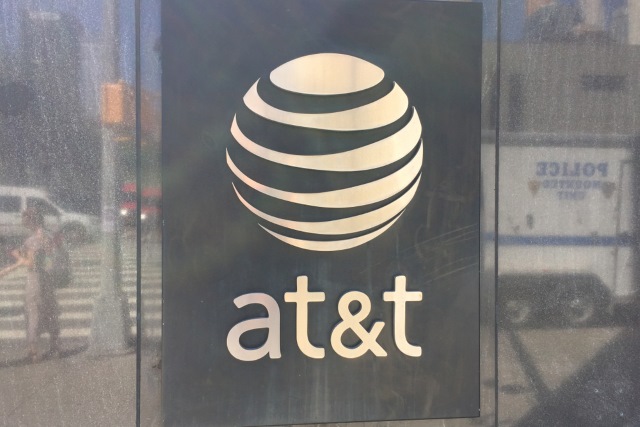
AT&T is buying digital ad platform AppNexus
AT&T has revealed plans to acquire the ad platform AppNexus which competes directly with the likes of Google and Facebook.
While the exact terms of the deal have not yet been shared, recent rumors suggested that AT&T was willing to part with $1.6 billion for the company. The acquisition is expected to close by Q3 of this year, and AT&T says that the two companies will operate as separate entities until then. After the acquisition, AppNexus will become a part of AT&T advertising and analytics.
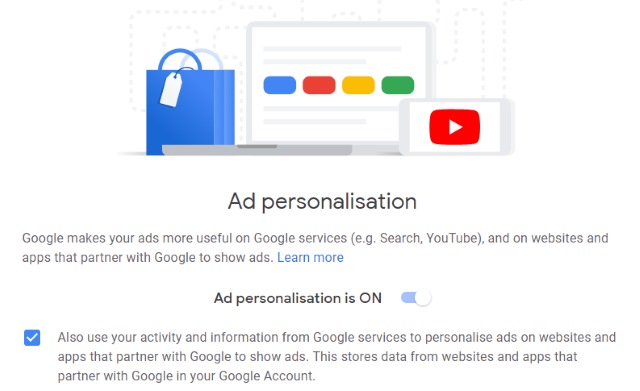
Google revamps Ad Settings and 'Why this ad?' so you can see and control how ads are personalized
Google has given its Ad Settings page an overhaul in the name of transparency. The page gives people the chance to not only see how Google uses the data it has gathered about them to personalize the ads they see, but also exercise a degree of control over these personalized ads.
The page makes it possible to disable ad targeting, so you will see rather more generic ads if tailored advertising concerns you. The company has also updated its "Why this ad?" feature, so you will be able to determine why you are seeing certain Google-supplied ads on the sites you visit.
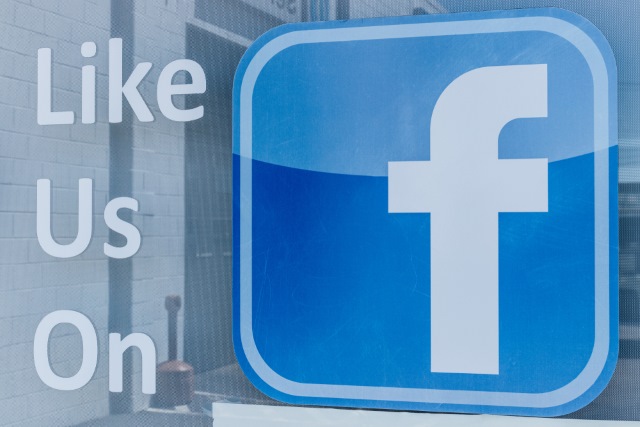
Privacy: Facebook advertisers must warn users if ads are targeted because of data they purchased
The fall out from the Cambridge Analytica scandal continues for Facebook, and the social media giant is busy trying to repair its somewhat tattered reputation. The latest measures see the company introducing new privacy safeguards to inform users if advertisers are using information supplied by so-called "data brokers".
These brokers are firms that gather data about people and then sell this information on to other companies, often for the purposes of targeted advertising. Facebook is not banning the practice, merely requiring advertisers to keep users informed.

What's wrong with this picture?
Earlier today, I needed to get Skype onto my iPhone X to receive an overseas call. So I hauled over to the App Store, like any sensible iOS user would do. I was shocked—absolutely floored—to see an advert for Google Duo taking up about half the screen, and appearing above Skype.
You got to ask how many people end up downloading the upper one instead. I don't often go to the App Store and wonder: How long has been this kind of aggressive placement?
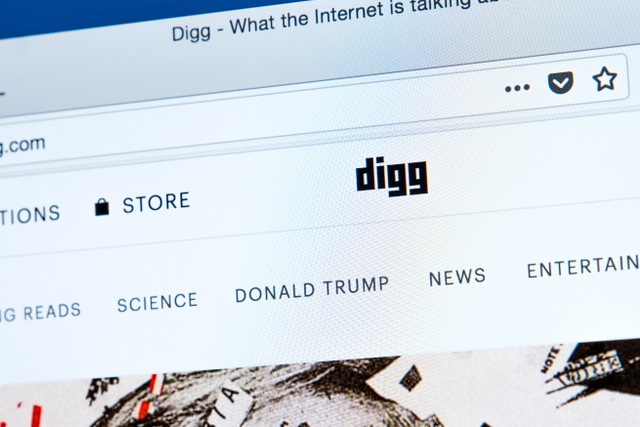
Digg is now owned by ad-tech company BuySellAds
Digg used to carry some major clout on the internet, but this all changed back in 2012 when the site was bought by Betaworks. Now the site has been sold again, this time to an ad-tech company.
Boston-based BuySellAds has just bought Digg's assets and its editorial and revenue teams for an undisclosed amount. The company says that it "plans to streamline Digg and build up its ad stack", which will come as sad news for those who still cling onto a nostalgic image of what Digg used to be.

What information do Facebook advertisers know about me?
This is the question Facebook poses and (sort-of-but-not-really) answers in the latest addition to its Hard Questions series. It's the social network's latest attempt to claw back some respect and trust from its users in the wake of the Cambridge Analytica privacy scandal, and it sees the company insisting that "you are not the product".
Whether this is believed or not is neither here nor there. That the company is now having to go to such extraordinary lengths to appear transparent, to try to prove that nothing untoward is going on, is simply indicative of the massive level of suspicion leveled at Facebook.
Martin Lewis suing Facebook over fake ads
We reported just over a week ago that fake ads promoting cryptocurrency scams were using the names of leading UK business figures.
Now one of those whose names has been featured, consumer advice expert Martin Lewis, is suing Facebook for defamation over the use of his face and name.

Twitter bans Kaspersky Lab from buying ads
Its software is already banned from US government computers, and now Kaspersky Lab's advertisements have been banned from Twitter. The Russian security firm has been hit with an ad ban for "using a business model that inherently conflicts with acceptable Twitter Ads business practices".
Eugene Kaspersky has responded angrily in an open letter in which the company CEO says that even if Twitter reverses its decision, his company will not advertise on the platform, opting instead to donate the money to the Electronic Frontier Foundation (EFF) to fund the fight against online censorship.

Fake Chrome ad blockers used to create botnets
More than 20 million Chrome users have been tricked into installing fake ad blockers that could see their machines recruited into a botnet, according to a new report.
A fake AdBlock Plus extension fooled many users last year. As many Chrome users discover ad blocking by browsing available extensions, so creating cloned fakes has become a popular tactic for cyber criminals according to AdGuard.
